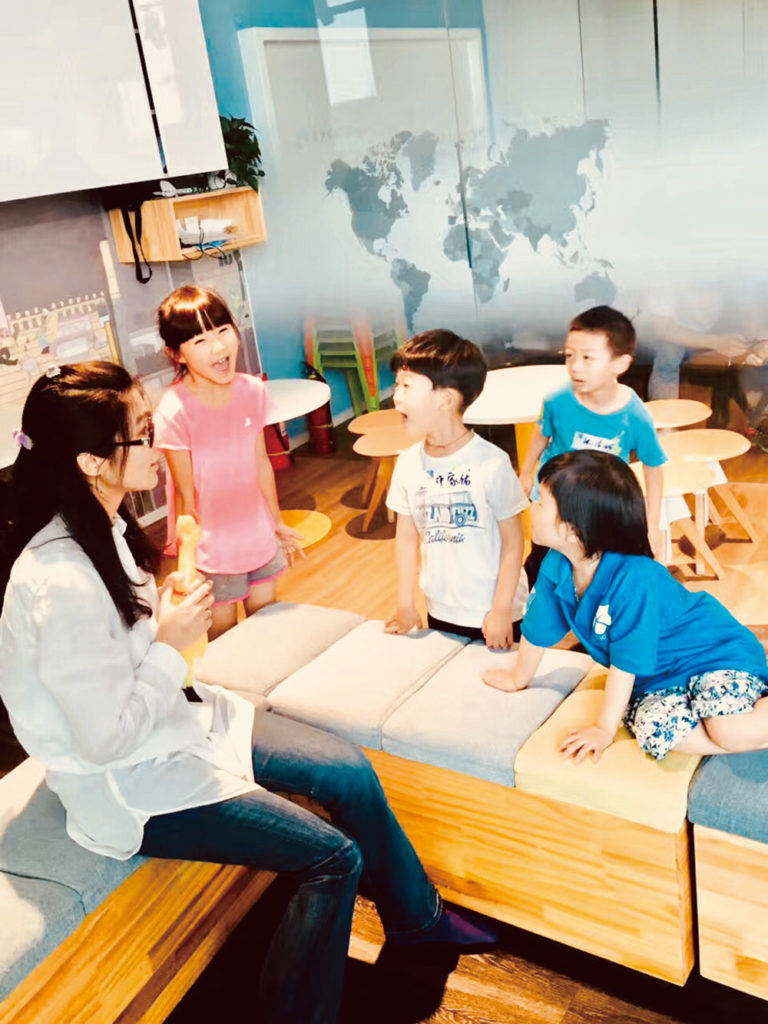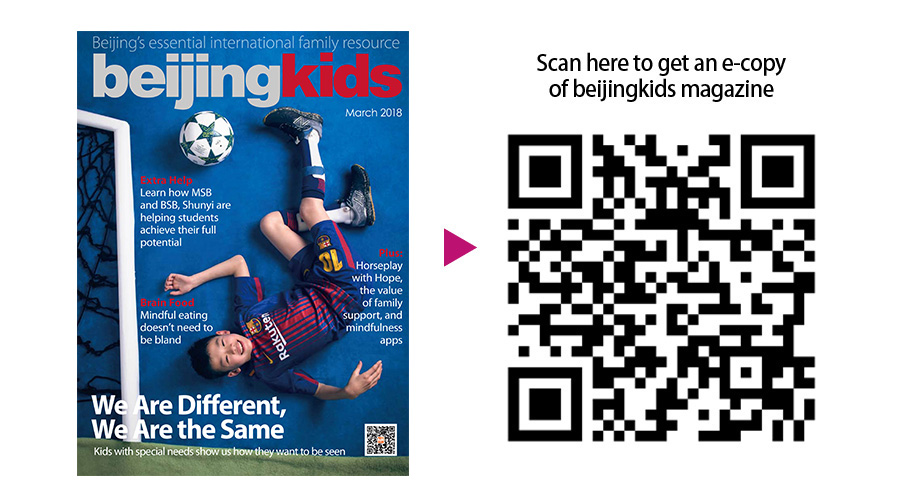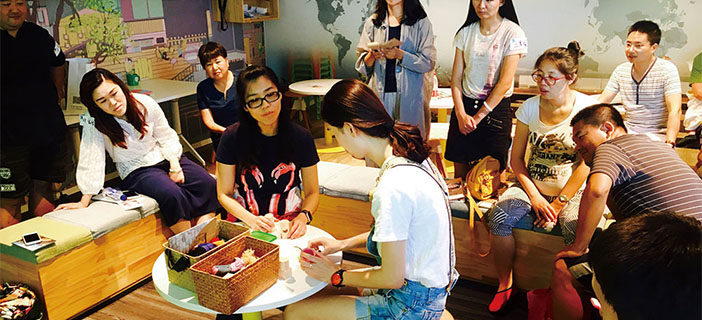
Being a third culture child can bring many advantages, but sometimes also some disadvantages. My child started to act not herself after moving to Beijing, and I wondered what it was that was bothering her. I am a firm believer in individual therapy and coaching your way through life. So when her school referred my daughter to a play therapist, I was happy to jump into this adventure with my four-year-old.
Play therapy does not use medication, and there are no adverse side effects. My daughter had some issues with big emotions, and we wanted her to feel supported and loved. I explained to her that this therapy was used to learn “superpowers.” Of course, she wanted to learn how to fly, but I explained to her that play therapy would help her to get even better superpowers like managing her emotions and finding a better solution when she is mad or upset. We called them in our home “emotional superpowers.” I did not want her to feel weird when going to therapy. Luckily she does not; she even asks her friends if they want to come and learn superpowers at play therapy with her.
May Yeung, founder and head therapist of Metocha Education, made me feel very at ease during our first meeting, and she reassured me that many kids go through behavioral issues and it was not my lack of parenting or love for my child. Yeung has helped many kids with different needs like speech problems, depression, aggression, ADHD, and more.
She explained that researchers have discovered that play therapy is not only useful on a wide range of mental health issues including:social maladjustment, aggression, anxiety and fear, autism and schizophrenia, physical or learning disabilities, speech or language problems, depression, post-traumatic stress, and ADHD:but also effective on improving relationships with others including family members.
Play therapy is a bit like counseling but uses play to communicate. Children especially are helped to resolve or prevent challenges in their lives. Yeung uses a variety of playful prompts and crafts to improve the emotional well-being of children over three years of age and adults. A diagnoses for your child can be made through play therapy, while the client plays with dolls, pets, playhouses, and more while the play therapist attentively watches and documents the patient’s behavior.
Children especially work through issues and anxieties while playing, and observing this play can lead to many revelations. I asked my four-year-old what she thought about her play therapy and Yeung, and she had some interesting revelations, which I am sure the play therapist has more insight of than I do as a mother. “Playing house is nice; I like the drumming and the sand tray.” She explained. “I feel important changes in my body and my writing.”
May Yeung and her partner’s play therapy studio is located in Shunyi and in addition to working with children they also give parenting courses, workshops at schools for kids, and make use of many more playful ways of enriching the lives of adults and children.

Photos: May Yeung
This article appeared on p24-25 of beijingkids March 2018 issue.





1 Comment
Pingback: 游戏疗法如何帮助有行为困难的孩子 | 国际教育|家庭生活|社区活动